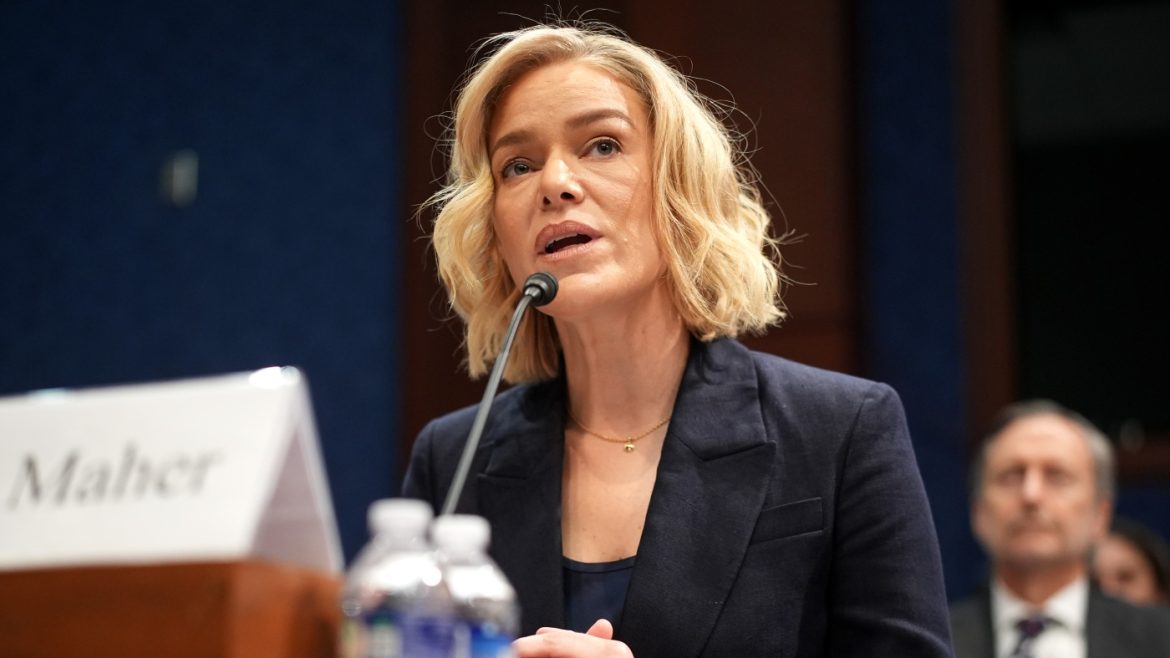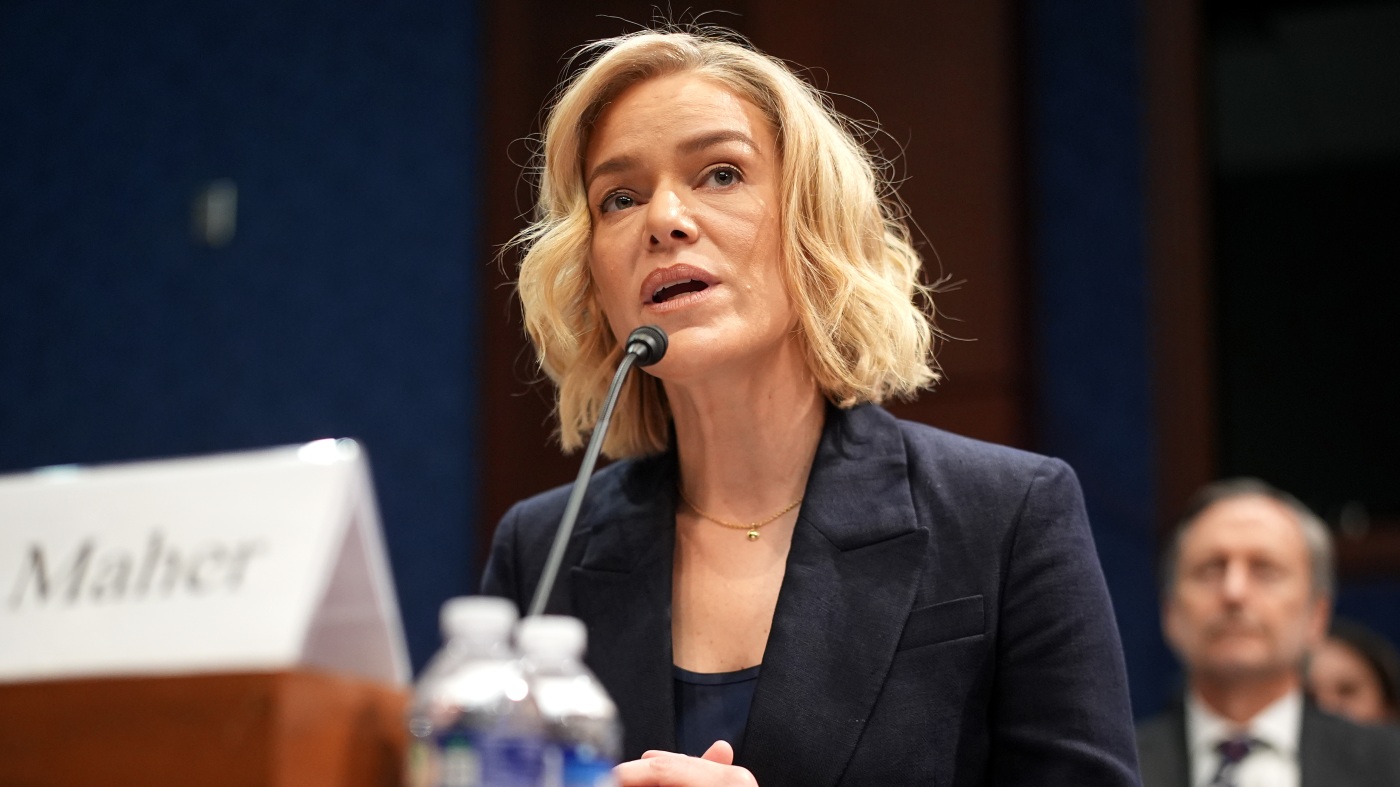The escalation of conflict between the Trump administration and public media organizations has culminated in a high-profile legal battle that underscores broader tensions over media funding, governmental authority, and constitutional protections. NPR and several Colorado public radio stations have joined forces in a lawsuit challenging President Trump’s executive order aimed at defunding federal support for public broadcasting entities such as NPR and PBS. This development demands a thorough examination of the legal, political, and societal dimensions surrounding the dispute.
Context and Background
The legal challenge arises from an executive order issued by President Trump that directs federal agencies to cease disbursing funds appropriated by Congress to NPR, PBS, and their affiliate stations. These government appropriations have historically supported public media’s role in delivering independent, fact-based journalism and educational content across the United States, often focusing on underserved communities and local programming that is not commercially viable.
The executive order follows a controversial campaign by the Trump administration and some Republican lawmakers to cut or eliminate taxpayer subsidies for public broadcasting. While the White House has characterized the move as a step to end what it describes as “taxpayer subsidization of biased media,” public media advocates see the order as an attempt to retaliate against organizations providing news that may be critical of the administration.
Legal Claims and Constitutional Questions
At the heart of the lawsuit filed by NPR and the Colorado stations—among them entities serving Aspen and Ignacio—is a claim that the executive order violates the U.S. Constitution, specifically the First Amendment’s protections of freedom of the press and speech. The plaintiffs argue that defunding public broadcasters solely because of unfavorable editorial content constitutes unconstitutional retaliation by the government against protected speech.
Moreover, the affected public media stations and networks assert that the president overstepped his authority, as Congress—not the executive branch—controls appropriations and funding allocations. By attempting to unilaterally restrict the use of funds explicitly appropriated to NPR and PBS, the executive order arguably bypasses established legislative procedures and infringes upon the separation of powers enshrined in the Constitution.
The lawsuit thus incorporates multiple dimensions:
– First Amendment violations: Shielding independent journalism from censorship or punitive funding cuts based on viewpoint.
– Separation of powers and appropriations law: Ensuring presidential actions do not override Congressional budget mandates.
– Due process concerns: Challenging sudden withdrawal of funding without adequate procedural safeguards.
Practical Impact on Public Media
While national NPR and PBS entities have a high profile, much of the federal funding flows directly to local affiliate stations, including the three Colorado public stations involved in the suit. These outlets rely heavily on federal grants to sustain their operations, enabling them to deliver tailored coverage of local issues, public affairs programming, and educational resources.
Critics of the funding cuts emphasize that local stations will disproportionately suffer the consequences, potentially leading to program reductions, staff layoffs, diminished community service, and financial instability. The curtailment of funding threatens to impair the long-term viability of local journalism at a time when trust in media and access to verified information have become paramount for democratic discourse and combating misinformation.
Political and Social Ramifications
This lawsuit is emblematic of a larger battle over media credibility and the role of public broadcasting in American society. The Trump administration’s effort to defund NPR and PBS aligns with a pattern of contentious relations between the president and mainstream media outlets, with accusations of bias and “fake news” frequently voiced by the White House.
Public broadcasting supporters argue that NPR and similar entities provide essential, independent journalism free from commercial or partisan pressures—services which underpin informed communities and government accountability. The legal fight also highlights the fragility of public media in politically charged environments and raises questions about how public interest broadcasting should be preserved and funded in the future.
Conclusion: Protecting the Role of Public Media Amid Political Turmoil
The lawsuit filed by NPR and Colorado public radio stations against the Trump administration over federal funding cuts encapsulates critical challenges facing American media. By asserting constitutional protections and statutory boundaries, the plaintiffs are defending not only their organizations’ sustainability but also the broader principle of free and independent press as a cornerstone of democracy.
As the case proceeds in federal court, its outcome may define the limits of executive power in influencing media funding and reaffirm public media’s role as an accessible, impartial source of news and information. The dispute serves as a potent reminder of the fragile balance between political authority and the vital, watchdog function that public broadcasters fulfill for communities nationwide.


